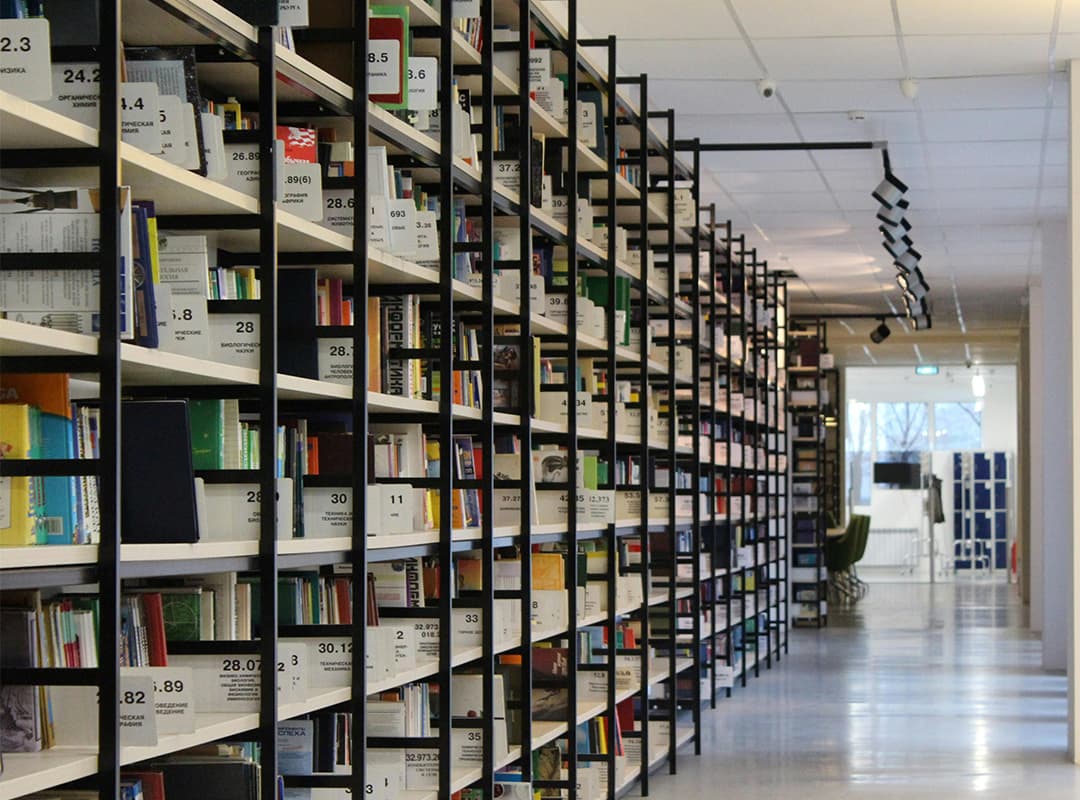In 2010, Michelle Obama led a successful initiative to remove “junk food” from public school cafeterias across the U.S. Recognizing that for many students, school meals were their primary source of healthy food, she aimed to ensure that nutritious options were not overshadowed by unhealthy alternatives. After all, given the choice, most students would pick chips and soda over vegetables and milk.
Now, in 2022, parents are discovering similar concerns in another area of public schooling—school libraries. Many parents have found books containing explicit sexual content, vulgar language, and graphic illustrations in school library and classroom collections. This discovery has sparked intense protests and divided opinions. The controversy shows no signs of being resolved anytime soon.
However, a key question seems to be overlooked in this debate: Should public school libraries focus on offering high-quality literature that challenges students and encourages them to think critically, or should they cater to students’ more immediate, easily digestible preferences? Just like cafeteria food choices, students are likely to gravitate towards books that are less challenging and more in line with their immediate tastes. With limited time and shelf space in schools, it becomes crucial to prioritize literature that is not only appropriate but also beneficial for students’ intellectual growth.
Similar to how schools provide healthy food options to counterbalance the junk food some students may encounter at home—without attempting to ban fast food altogether—schools should offer high-quality literature that encourages students to stretch beyond their immediate interests. While books with explicit content are not being outright banned, it is the responsibility of public schools, with their finite resources, to provide the best educational options during the school day. Public libraries and bookstores remain available for families who choose to explore alternative reading materials, but the school’s role is to create an environment where the focus is on literature that fosters growth and knowledge.
